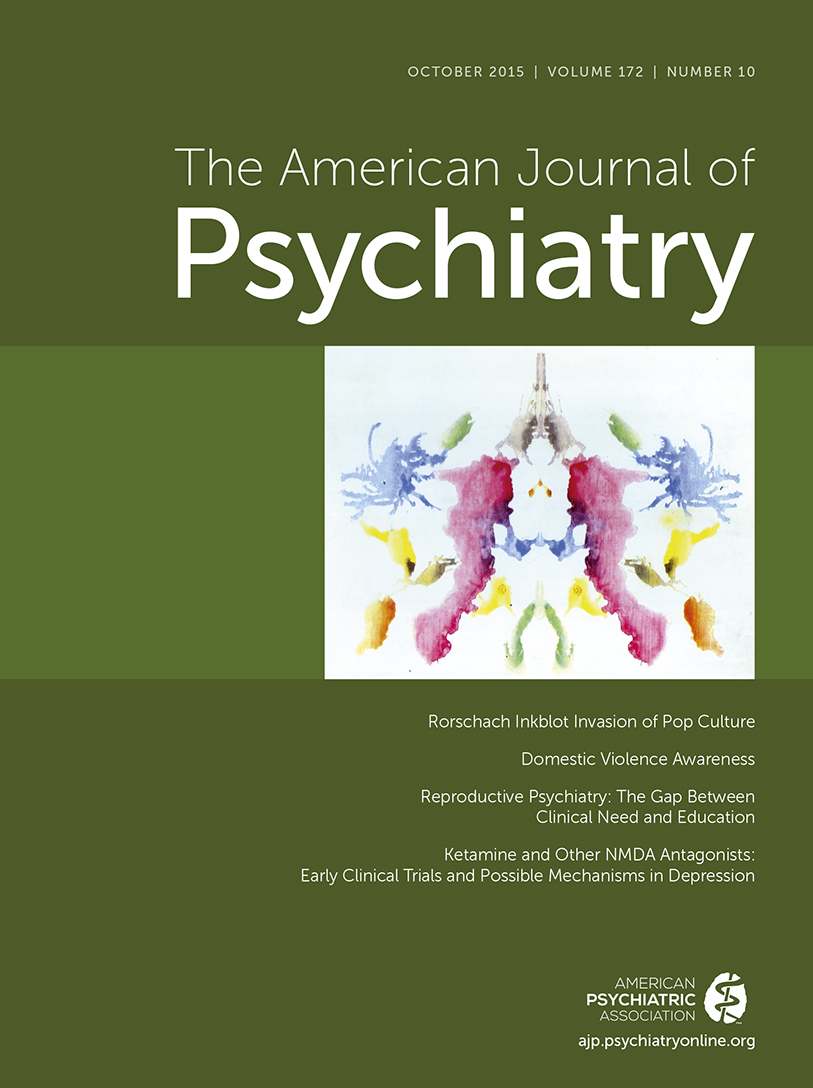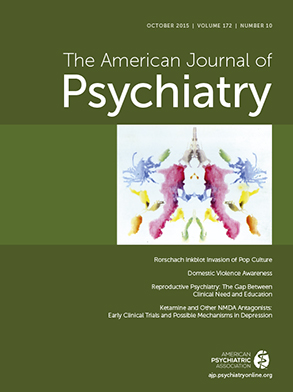To the Editor: This letter represents a cautionary note about the use of methylphenidate and stimulants in older adults. Cardiac side effects of the stimulants are well known, are well documented in 1960–1970 clinical trials, and are a common concern when treating the elderly. However, the literature also agrees that stimulants can be safely used in older and medically ill adults. The methylphenidate and citalopram study had a set of strict screening criteria and monitoring throughout for these potential side effects. Prior evidence, methods, and discussion of the side effects were presented in the introduction and discussion sections of our article. Interestingly, the reviewers of the article paid more attention to the side effects of citalopram that were relatively “new” to the Food and Drug Administration (FDA) and to the audience interested in the drug subsequent to a 2011 FDA warning following a trial in which citalopram was used to treat patients with dementia. The more important point is that this study aimed to address the “insufficient evidence” on the safety and efficacy of methylphenidate in older adults with depression. In fact, it quotes the daily dosage range (between 10 mg and 20 mg) with the mean (16 mg) that was effective and well tolerated. Perhaps this should be noted as clinically useful information.
In response to the letter, we also performed additional analyses of the group differences in the changes in systolic and diastolic blood pressure and heart rate. Changes in systolic blood pressure and diastolic blood pressure were not significantly different within or between the treatment groups of citalopram with placebo, methylphenidate with placebo, or methylphenidate with citalopram. However, there was a significant increase in heart rate for the methylphenidate-with-placebo and methylphenidate-with-citalopram groups, but not for the citalopram-with-placebo group. The results are as follows: citalopram with placebo: change in heart rate (end–baseline) was 1.02 (SD=2.01, p=0.60); methylphenidate with placebo: change in heart rate was 3.99 (SD=1.81, p=0.03); and methylphenidate with citalopram: change in heart rate was 6.95 (SD=1.83, p<0.001).
These additional findings support the caution that clinicians can never be too careful when treating older adults with heart disease and should exercise care and their best judgment in prescribing stimulants to this vulnerable population.

